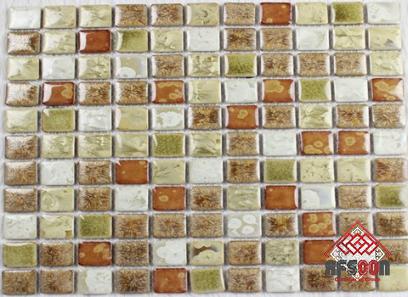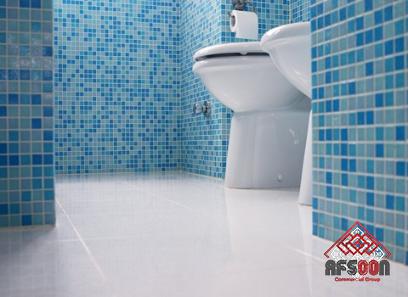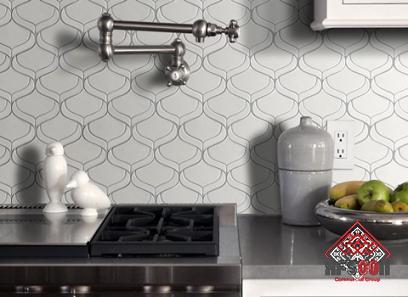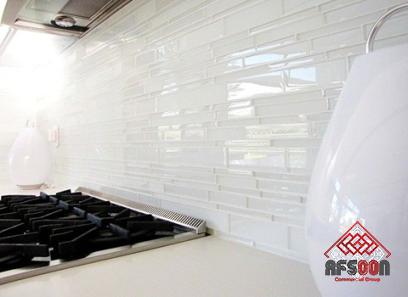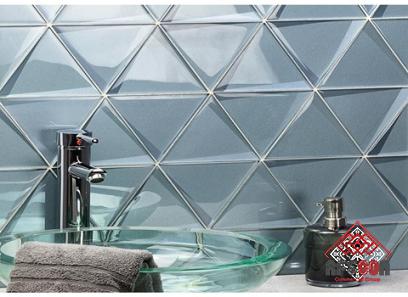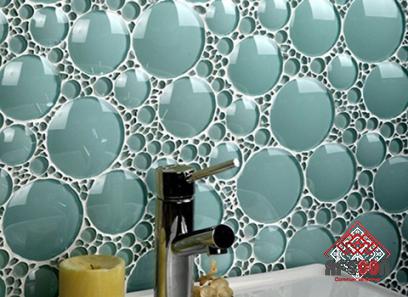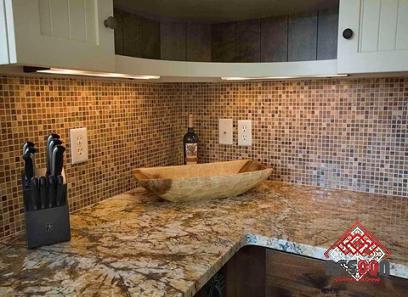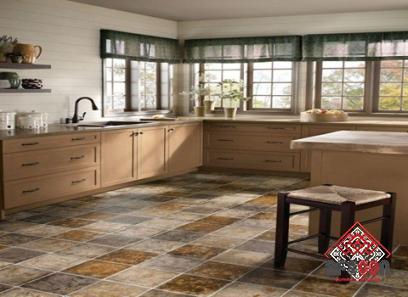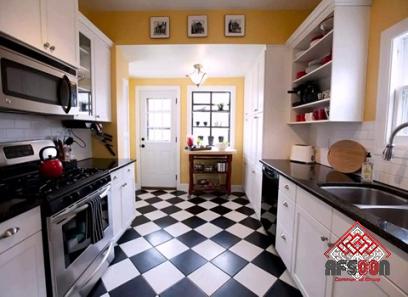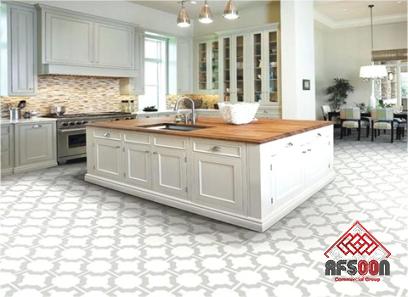glue down adhesive floor tiles
There are two types of resilient vinyl floor tiles installed using an adhesive: those that glue down with a separate adhesive and then applied to the floor with a notched trowel, and those that are pre-applied with an adhesive agent and covered with peelable backing
Glued vinyl tiles have many advantages
Maybe that’s why they’ve been so popular for decades
They can be the perfect addition to any high traffic area of your home that needs waterproofing, such as bathrooms, laundry rooms, or kitchens
Of course, with today’s technology, vinyl tile isn’t something you remember from your parent’s house
Perhaps that is why there is growing interest in this viable flooring option
However, once you decide to install vinyl flooring, you can quickly become confused about the best way to install it
One of the reasons homeowners choose vinyl tile is that it’s great for DIY projects
But once you’ve narrowed down your options, you’ll also need to decide on the best way to mount: floating or glued
The reasons why both are still on the market should tell you that there are benefits to both
It is imperative to carefully consider your alternatives before making a last decision
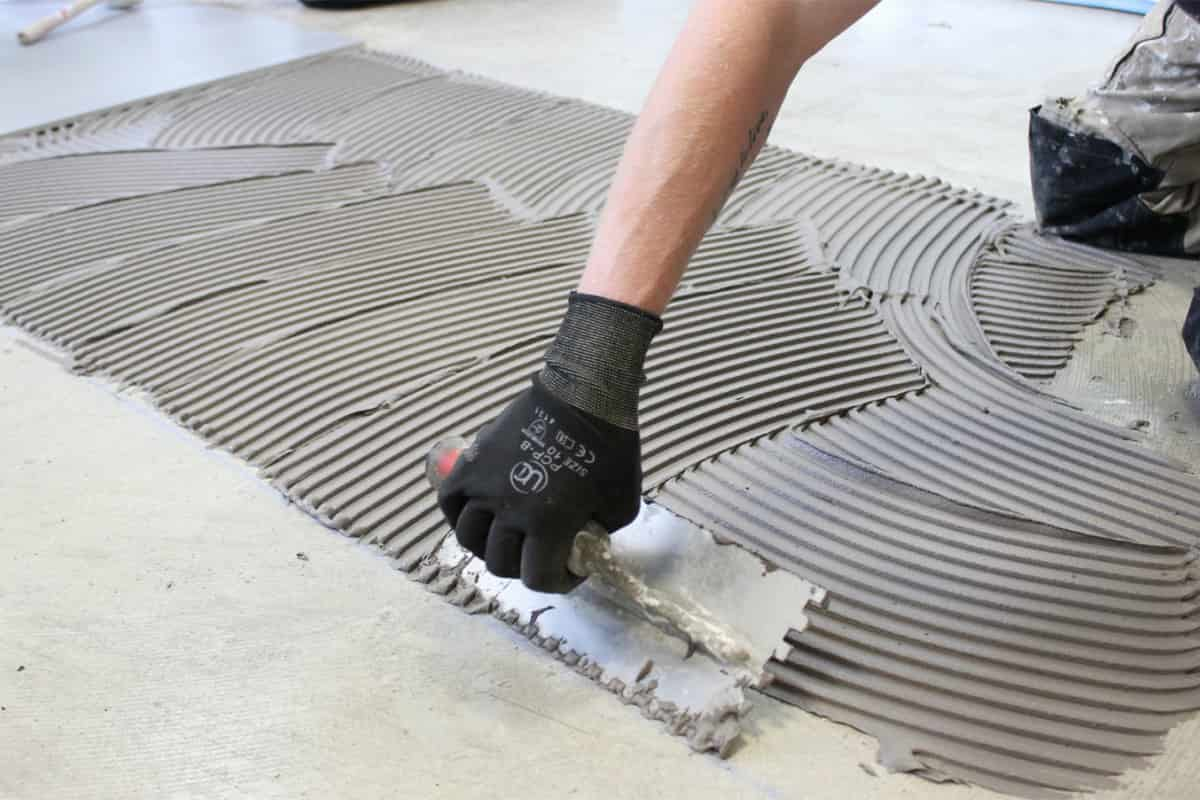
Let’s first discuss stickiness vs
flutter Before weighing your options and making a decision, it’s important to understand what each product is made of
Bonding is considered a permanent floor
Because it bonds directly to the subfloor, it adds strength to increase resistance to scratches, bumps, and spills
Permanent means you don’t replace it regularly and focus on longevity rather than ease of replacement
Floating vinyl planks are laid over the subfloor
They usually have a click-lock system, which makes it easy for DIYers to install the floor on weekends
Glued vinyl tiles are easy to replace
Just peel off one tile and put on a new one
Or live parts easily at once
Although floating tiles are easy to replace, they require more work due to the click system
The adhesive can be used in any room where high flow and waterproofing are the norms
This makes glue-down vinyl very useful in bathrooms, kitchens, laundry rooms, and entryways
It works well no matter the size of the room
Floating tiles work the same way, however, they don’t work as well in larger rooms
You will get better glue results over time
The cost of gluing is also more economical than floating tiles in most cases
Install the tiles
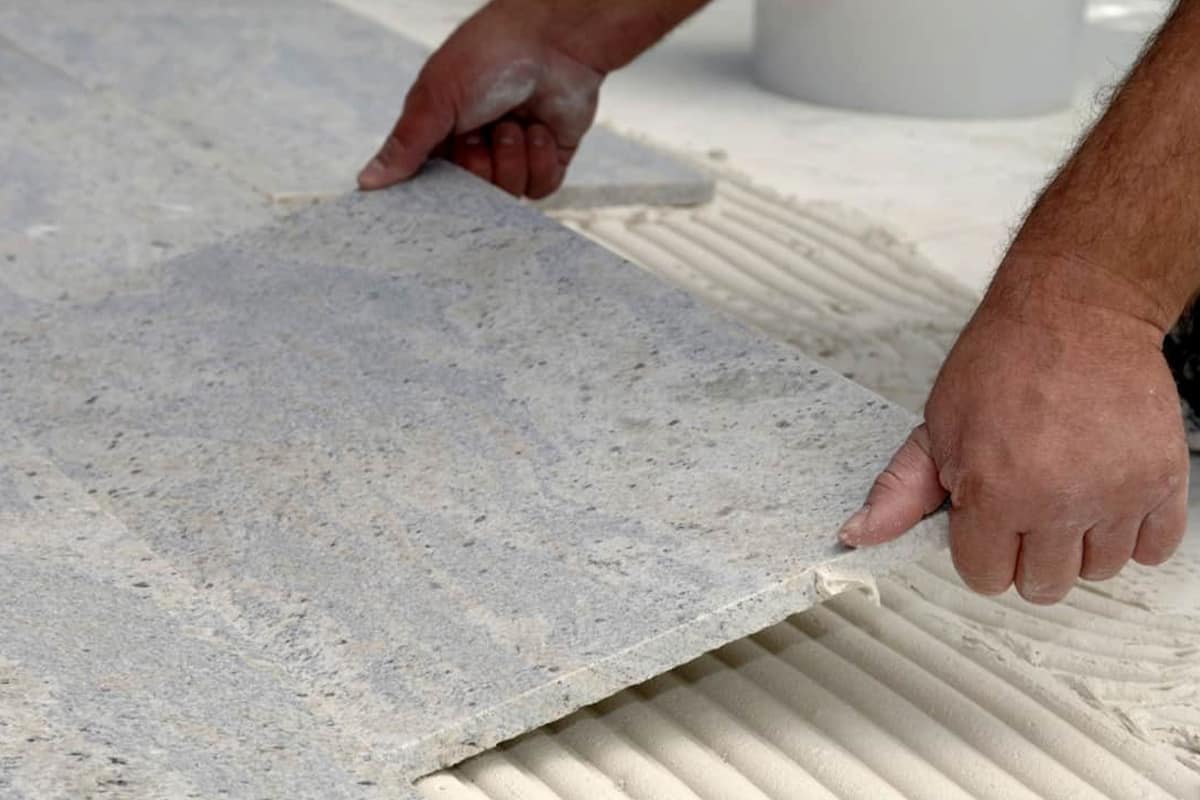
The third type of adhesive-free vinyl tile, commonly referred to as luxury vinyl (LVT), is a floating floor in which the pieces interlock with an improved tongue-and-groove edge system
Compared to luxury peel and stick and floating vinyl, both of which are touted for their ease of installation, the “release adhesive” type can seem intimidating and difficult
In fact, glue down vinyl flooring is not difficult to install and it has some advantages over the other two types
Although vinyl floor tiles have their advantages, sheet vinyl is generally preferred because it has no seams through which water can enter the underlayment
Self-adhesive tiles are great in some situations, but there’s a good reason they haven’t taken over the entire tile setting industry:
Difficult to reposition: Self-adhesive tiles are very sticky
You need to position yours correctly as they are difficult to transfer
“Difficult” is a good word; usually, they cannot move
In contrast, tile adhesives work for a long time, often up to a full day and night, allowing for repositioning
Curl: Self-adhesive peel and stick tiles have a bad habit of loosening and curling around the edges at some point weeks or months after installation
However, tiles glued with tile adhesive rarely loosen and curl on their own
The subfloor/underlayment must be perfect: self-adhesive tiles require a very smooth and dry underlayment to avoid later problems
When using glued down vinyl, the adhesive alone can cover minor imperfections, allowing the floor to be painted over to a less than perfect surface – although you should still prepare the subfloor carefully and use a leveler and floor sealer
sealant to repair what you previously found any faulty installation
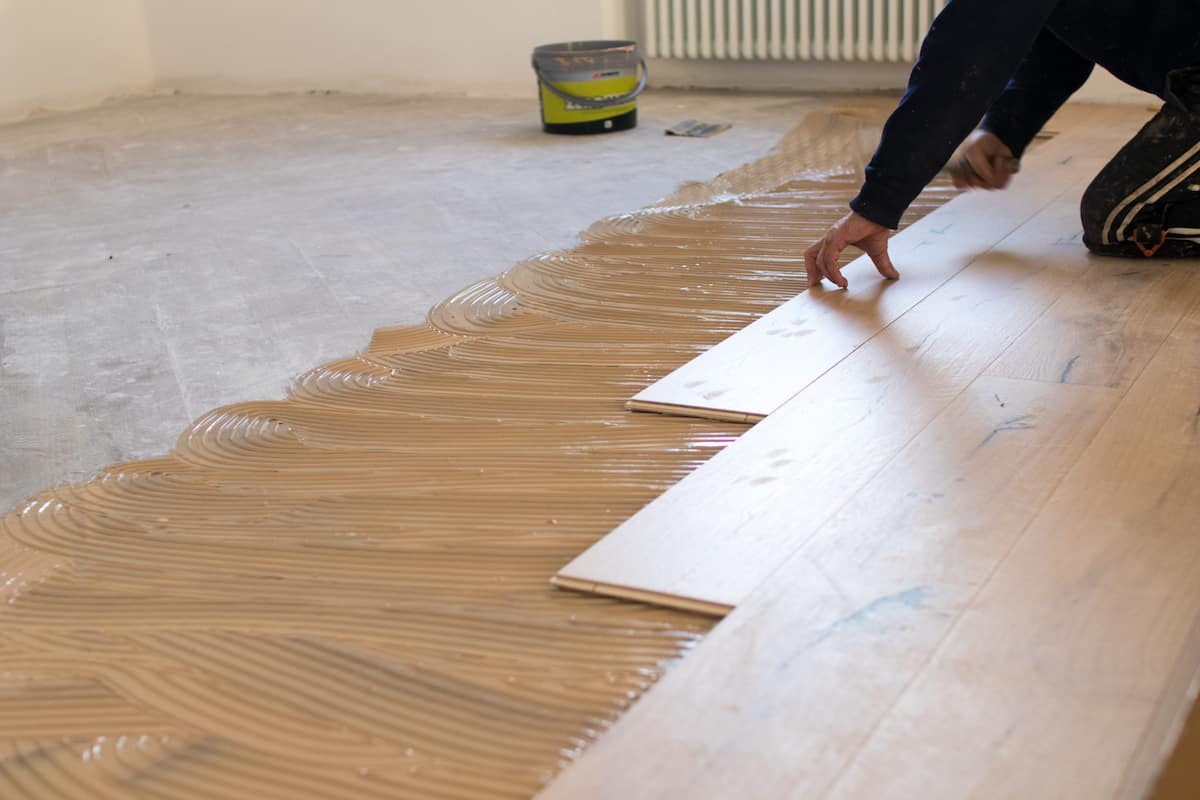
Tongue and groove systems for luxury vinyl tile and luxury vinyl plank flooring are good in principle because the pieces are designed to lock into place
But in reality, these floors are nearly impossible to remove if you need to repair or replace a tile or plank
On the other hand, glued tiles are relatively easy to remove by applying heat to loosen the adhesive
Admittedly, the cost of luxury vinyl is relatively high compared to glue down tile
In terms of budget, glued vinyl tiles have significant advantages
Some people avoid glued floors because of the smell and the mess
In fact, the smell is not very strong and dissipates easily
Messy issues can be eliminated by using a water-soluble, latex-based floor adhesive for easy cleanup
Adhesives do not increase the cost of installing tiles
Although it depends on the product, you can calculate around 180-400 square feet per gallon of adhesive
At $10 to $25 per gallon, that doesn’t add significantly to the cost of a floor installation, especially since glue-down tile is already cheaper than peel-and-stick tile and luxury vinyl
Two tile adhesives have proven to be very effective for most tile installations
Roberts is a Florida-based company that sells a variety of flooring-related products
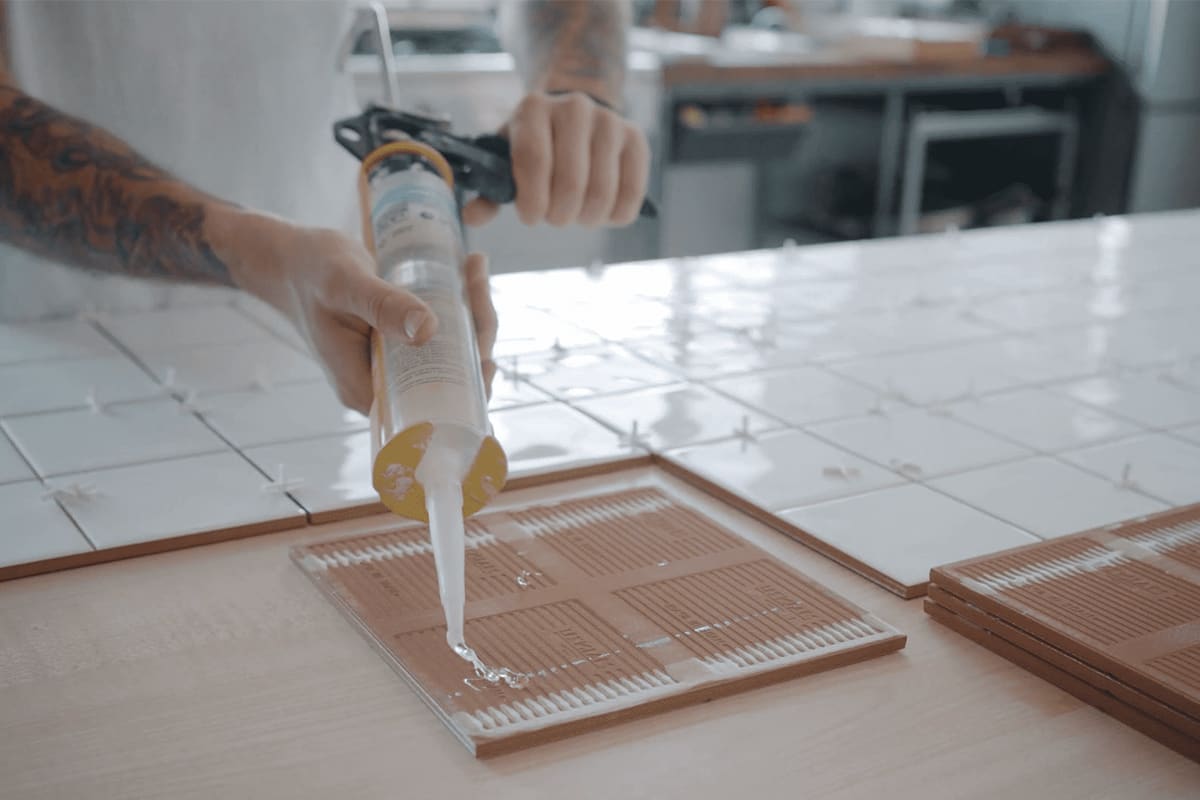
Roberts Tile Adhesive is particularly suitable for non-professional DIY tile installers as it has good adhesion but still allows some repositioning
This tile adhesive is specially designed for vinyl composite tiles
Color: This product is suitable for clear and dry clear
In any tile adhesive, you will want clear drying as a product characteristic, as tile adhesives tend to squeeze through joints
However, it can help if the adhesive is visible when applied and then dries clear, as it can be difficult to apply if you cannot see the clear adhesive
Working hours: 24 hours
Coverage: One gallon covers approximately 160 to 190 square feet
Henry Floor Adhesive: Long working hours for poor quality surfaces W
W
Henry is a Texas-based company that has been in the flooring business for over 75 years
Henry Floor Tile Adhesive is intended for use with synthetic (VCT) or asphalt tile only
Like most floor adhesives, it bonds well to hostile surfaces such as concrete, uneven tiles, and existing resilient floors
Color: This professional grade tile adhesive starts beige for easy identification, then dries clear
Working hours: 24 hours
Coverage: One gallon covers approximately 300 to 350 square feet

